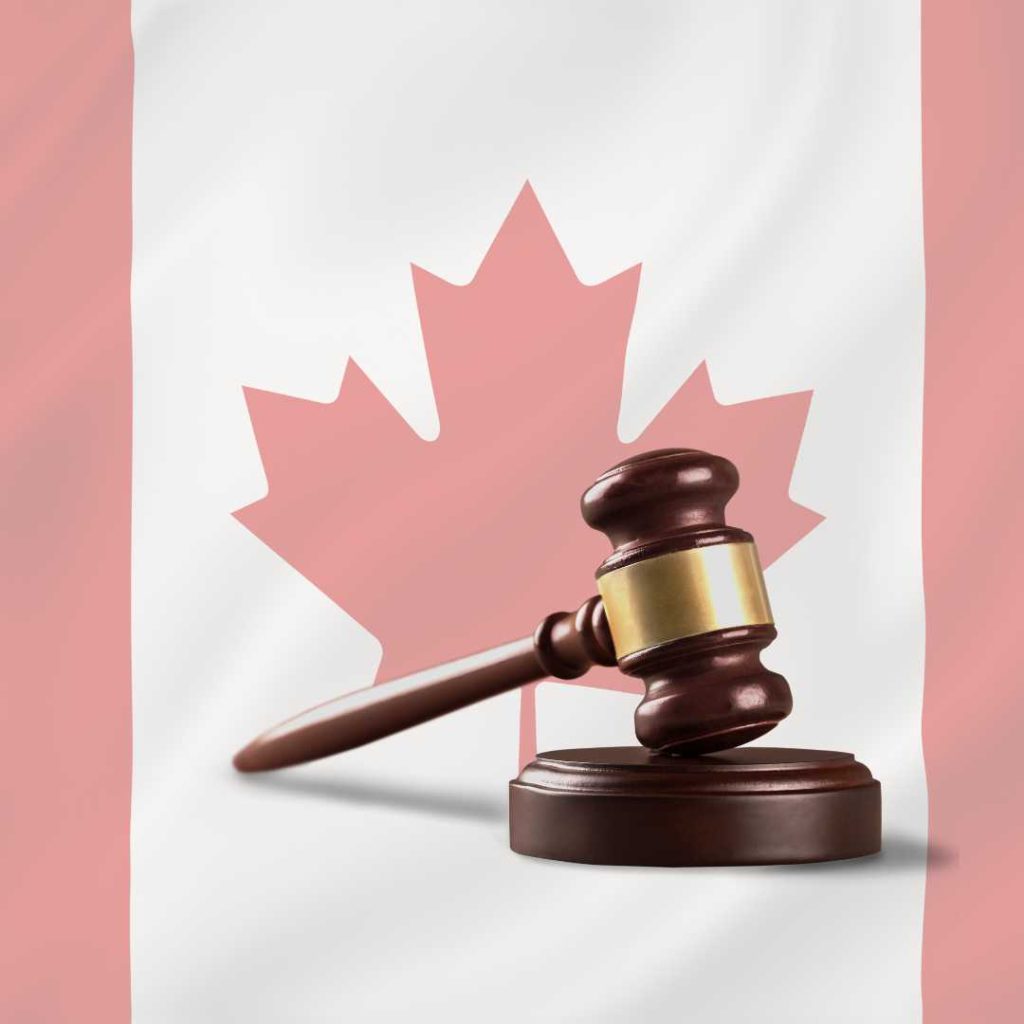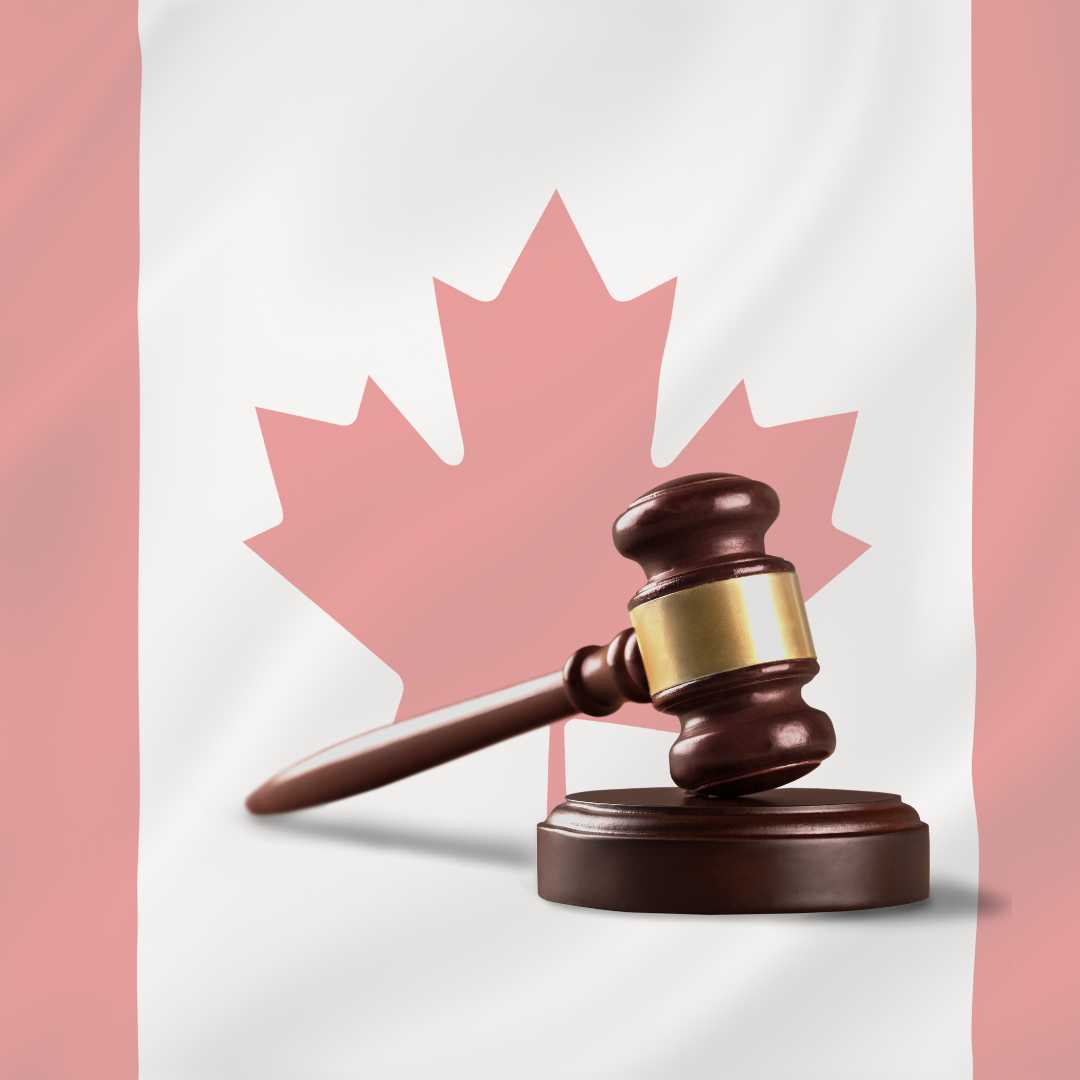Understanding Legal Grounds for Suing a Neighbour in Ontario

Identifying the Tort of Nuisance and Emotional Distress
When living in close proximity to others, disputes with neighbours can sometimes escalate, leading to the need for legal recourse. In Ontario, the tort of nuisance is a common legal ground for suing a neighbour. This tort addresses a wide range of disruptive behaviours, from persistent loud noise to encroaching tree roots. Nuisance including harassment by neighbours involves significant interference with the enjoyment of property and can be the basis for civil litigation.
To establish a claim of nuisance, it is essential to demonstrate that the neighbour’s conduct has caused substantial and unreasonable interference with your use and enjoyment of your property. The flexibility of this tort means it can be applied for issues involving barking dogs, loud music, or other disturbances that disrupt your peace. Substance Law can guide you through the complexities of proving your case and help you understand the nuances of the law.
Emotional distress is another aspect that can be considered under the tort of nuisance. Proving emotional distress can be challenging, as it requires strong documentation and evidence that the harassment has caused a significant impact on your mental well-being. With the right legal support, you can navigate these challenges and work towards a resolution that restores your right to peaceful enjoyment of your property.
Exploring the Tort of Intentional Infliction of Emotional Distress
In Ontario, the tort of intentional infliction of emotional distress is a legal recourse for individuals who have suffered severe psychological harm due to another’s egregious and deliberate conduct. To establish a claim, the plaintiff must demonstrate that the defendant’s actions were extreme and outrageous, intended to cause distress, and resulted in a provable illness or distress.
The key to a successful claim is proving the intentional nature of the harm. This can be a complex process, requiring a nuanced understanding of the law and a strategic approach to presenting evidence. Substance Law can assist in navigating these complexities, ensuring that your case is presented effectively.
When considering legal action, it is important to:
- Document all instances of the neighbor’s conduct.
- Seek medical or psychological treatment to substantiate claims of distress.
- Consult with legal experts to evaluate the strength of your case.
Substance Law’s knowledge in civil litigation can be invaluable in such cases. Legal services offered include psychedelics licensing, contracts, civil litigation, business law, employment, and IP/software/internet matters, all of which can play a role in building a robust legal strategy.
Navigating Property Disputes and Encroachment Issues
When it comes to property disputes and encroachment issues in Ontario, understanding your rights and the legal steps you can take is crucial. Encroachment occurs when a neighbour’s structure or landscaping crosses over into your property without permission, potentially leading to a reduction in the value or use of your land. Dealing with encroachment requires a clear understanding of property boundaries, often necessitated by an up-to-date land survey.
To address these issues effectively, consider the following steps:
- Obtain a professional land survey to establish the exact boundaries of your property.
- Engage in a dialogue with your neighbour to seek an amicable resolution.
- If a resolution cannot be reached, consult with a legal expert to explore your options.
Substance Law can provide the guidance and representation needed to protect your property rights. With knowledge in property law, our team can help you navigate the complexities of encroachment disputes, ensuring that your interests are safeguarded. Remember, taking prompt action is essential to prevent the situation from escalating and to preserve your legal options.
The Process of Taking Legal Action Against a Neighbour

Consulting with Legal Experts and Obtaining Legal Consultation
Before taking legal action against a neighbour, it is crucial to consult with a legal expert who can provide tailored advice for your specific situation. Engaging with a lawyer who is well-versed in Ontario’s laws is the first step in ensuring that your case is handled correctly from the outset. A legal consultation will help you understand the merits of your case, the potential outcomes, and the legal strategies that may be employed.
Substance Law offers a range of legal services that can assist you in this process. Their knowledge in civil litigation and property disputes makes them a valuable resource when dealing with neighbour-related issues. Legal services offered include psychedelics licensing, civil litigation, business law, employment, and IP services such as trademark licensing and software agreements. By obtaining a legal consultation, you can navigate the complexities of the law with confidence, knowing that you have professional guidance tailored to your unique circumstances.
Remember, while general principles of law can provide a framework, they cannot substitute for personalized legal advice. It is essential to hire a lawyer licensed to practice in Ontario to apply these principles to your case. This ensures that all relevant information is considered and that your rights are fully protected throughout the legal process.
Initiating a Lawsuit: Steps and Considerations
When you’ve determined that legal action against your neighbour is necessary, initiating a lawsuit requires careful planning and adherence to procedural norms. The first step is to document every incident that contributes to your claim, including taking videos and photos if possible, and filing police reports. This evidence will be crucial in substantiating your case.
Next, draft a statement of claim that clearly outlines the grievances and the relief sought. It’s essential to ensure that this document is precise and complies with the legal requirements of Ontario courts. After filing the statement of claim, you will need to serve it to the defendant, your neighbour, in accordance with the rules of service.
Throughout this process, Substance Law can provide invaluable assistance. With knowledge in neighbour disputes and property law, Substance Law can help you navigate the complexities of the legal system, ensuring that every step taken is strategic and legally sound. Remember, the guidance of a legal professional can make a significant difference in the outcome of your lawsuit.
Dealing with the Court System and Understanding Your Rights
Navigating the court system in Ontario can be a daunting task, especially for those who are self-represented. It is crucial to understand that court staff can provide valuable legal information, but they cannot offer legal advice. This distinction is important because while they can guide you on court processes and practices, they cannot tell you what course of action to take in your specific case.
Court staff must remain impartial and are bound by confidentiality, ensuring that all parties have fair access to the necessary information. As a self-represented litigant, you have the right to access this information to help you navigate the justice system effectively.
Substance Law can assist you in understanding your rights within the court system and provide the necessary support to handle your case with confidence. Here are some steps to consider:
- Familiarize yourself with court procedures and your legal rights.
- Seek clarification from court staff on procedural matters.
- Utilize resources like Substance Law for guidance and support.
Remember, the phenomenon of self-represented litigants presents unique challenges, but with the right information and support, you can effectively manage your lawsuit against your neighbour.
Conclusion
Navigating the complexities of suing a neighbour in Ontario requires a thorough understanding of the legal landscape and the appropriate steps to take. Whether it’s addressing property disputes, harassment, or emotional distress, the path to resolution often involves seeking expert advice, understanding the nuances of tort law, and potentially engaging in litigation. It’s essential to document all incidents meticulously and consult with a lawyer to assess the strength of your case. Remember, the municipality may not intervene in certain situations, leaving the courts as the primary avenue for seeking redress. As we’ve explored, Ontario’s legal system provides mechanisms for property owners to assert their rights, but it demands vigilance and a proactive approach to navigate successfully.
Frequently Asked Questions
What legal grounds exist for suing a neighbour in Ontario for harassment?
In Ontario, civil law does not recognize harassment as a standalone tort; however, you can sue a neighbour for the tort of nuisance if their actions cause you emotional distress. You must provide strong documentation to prove the emotional distress caused by the harassment.
Can I force my neighbour to remove a fence built on my property?
Yes, if your property is under the Land Titles system in Ontario and your neighbour has built a fence on your property, you are legally entitled to have them remove it. Under the Registry system, however, rights can be acquired over time through long-term usage, which may affect this entitlement.
What are the steps to take if a neighbour’s actions are intentionally causing me emotional distress?
If you believe a neighbour’s conduct is intentionally causing you emotional distress, you should consult with a legal expert to discuss the possibility of suing for the tort of intentional infliction of emotional distress. This requires proving that the neighbour’s actions were flagrant, outrageous, and intended to cause harm.




